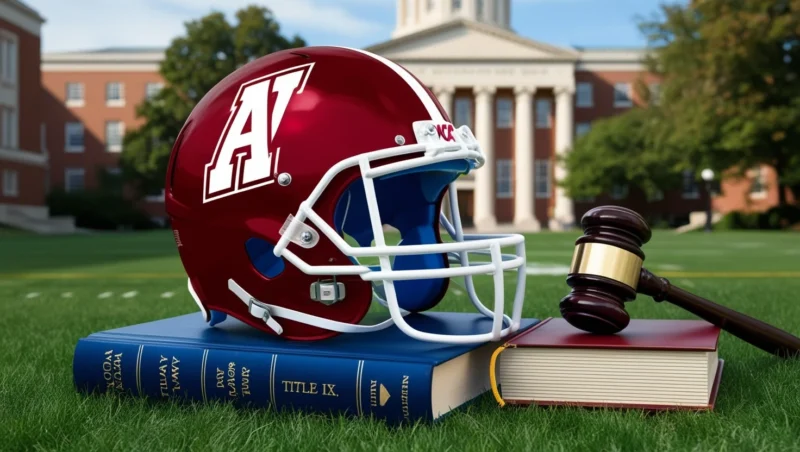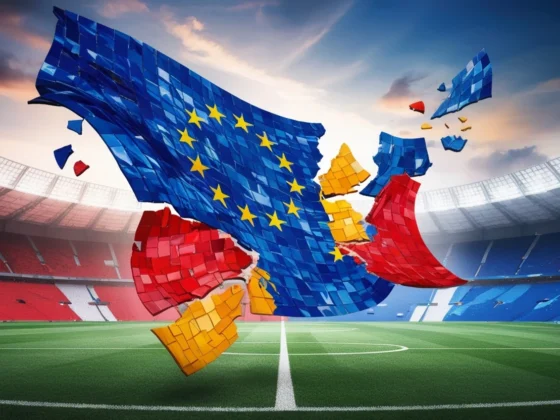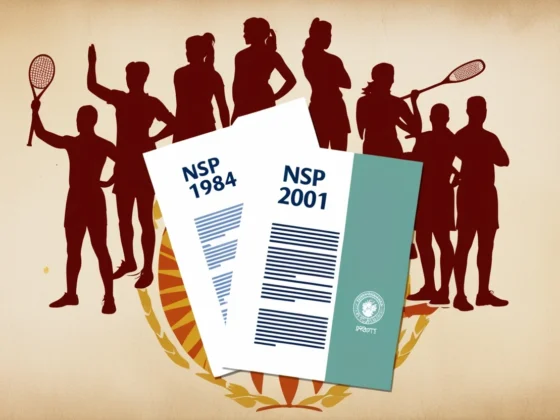In the United States, sports law is an intricate intersection of multiple legal domains, including labor, contract, competition, tort, and intellectual property law. What makes the American sports legal framework especially unique is its dynamic evolution in response to market demands, media influence, and litigation. From athlete rights and agent representation to doping scandals and equity in collegiate athletics, sports law in the U.S. is as robust as the industries it governs.
The Emergence and Growth of Sports Law
Sports law became prominent in the U.S. only a few decades ago. Although fundamental principles existed earlier, it was not until the rise of player agents and media scrutiny that the US sports law began to form a distinct identity. A key milestone was set in 1925 when Red Grange hired an agent to negotiate a professional contract—making him one of the earliest examples of modern sports agency.
This trend gained momentum in the 1960s when attorney Mark McCormack represented golfer Arnold Palmer, paving the way for widespread sponsorship deals and formal athlete representation. Today, sports management is a billion-dollar industry, shaped by high-profile agencies and legal teams.
Regulation of College Athletics within US Sports Law
The National Collegiate Athletic Association (NCAA) oversees college sports through a comprehensive system of bylaws governing eligibility, ethical conduct, gender equity, and academic standards. It enforces compliance and penalizes institutions, coaches, and players when they violate the rules.
One of the landmark legal frameworks is Title IX of the Education Amendments Act of 1972, which prohibits sex-based discrimination in federally funded institutions. To monitor compliance, the Office of Civil Rights (OCR) uses a three-pronged test:
- Are athletic opportunities proportional to enrolment?
- Has the institution expanded opportunities for women?
- Is it effectively accommodating the interests and abilities of students?
Further legislation like the Gender Equity Disclosure Act (1995) ensures transparency in athletic participation rates and funding across genders. The case Brown University v. Cohen played a key role in reinforcing gender equality in sports programs.
Federal Laws and Labor Rights in Sports
The Amateur Sports Act of 1978 provides athletes with rights to hearings and appeals under the governance of the U.S. Olympic Committee (USOC) and national governing bodies (NGBs). A real-world application of this law was the cancellation of the 2005 National Hockey League season, resulting from a lockout when the collective bargaining agreement (CBA) expired.
The National Labor Relations Board’s (NLRB) 1967 decision allowed professional athletes to unionize, marking a major shift. Collective bargaining agreements now cover essential aspects like salary, drug policy, grounds for suspension, and minimum terms. These agreements also provide a legal buffer from anti-trust laws under the labor exemption doctrine.
Drug Testing and Performance Enhancement
Regulations concerning performance-enhancing drugs and steroids are central to CBA negotiations within US sports law. Each sport has its own standards regarding banned substances, procedures for testing, and consequences. Violations can result in loss of salary, suspension, or other penalties. The infamous BALCO scandal brought widespread attention to drug use in American professional sports.
Landmark Cases Shaping US Sports Law
Historically, U.S. courts upheld reserve clauses in player contracts, effectively preventing player mobility. The case of Fraser v. Major League Soccer challenged this norm, but courts ruled that such clauses did not violate antitrust laws due to sports leagues not being considered traditional commerce entities.
In Nabozny v. Barnhill, the court established that athletes could be held liable for injuries caused by reckless disregard for safety, marking a significant turn in tort law’s role within sports. This ruling underscored the idea that sports-related negligence is not immune from legal accountability.
Privacy, Publicity, and the Digital Age
Sports law in the U.S. also covers defamation, right to privacy, and the right of publicity. While defamation protects against damage to reputation, the right of publicity enables athletes to commercialize their image, name, and likeness. This area has gained prominence with the rise of social media and digital branding in modern sports.
Legal safeguards have been extended to protect athletes from unauthorized commercial exploitation and ensure fair compensation when their likeness is used in media or merchandise.
Conclusion
Sports law in the United States is a living, evolving field that adapts to changes in media, technology, and society. It safeguards athlete rights, ensures gender equality, manages labor relations, and confronts the ethical dilemmas of doping and commercial exploitation. As sports continue to grow in influence, the legal system plays an increasingly critical role in balancing performance, fairness, and accountability. The U.S. model, with its emphasis on litigation, player unions, and federal oversight reflects a legalistic and commercialized approach to sports governance that prioritizes athlete rights, contractual enforcement, and regulatory compliance over centralized, federated control.
This Blog is written by Saumya Soni, advocate, Supreme Court of India.
For queries or collaborations, write to us at sportslegalorg@gmail.com


